Reading an ingredient label can seem like a college exam. A one letter change to an ingredient can mean a difference in safety, effect or potency. It almost makes you want to just put it back on the shelf and rub plain ol' coconut oil on your face. Which wouldn't be the worst thing…
A case when a change in letter isn't quite so dramatic, but still has caused some confusion, is with the difference between squalane and squalene. We'll start with some background on this ingredient, which is found in skin care products, as well as vaccinations.
What is squalene?
Squalene is a fat-soluble anti-oxidant that is naturally produced during cholesterol synthesis and occurs in the skin. Like similarly structured molecules such as Vitamin E, squalene can help protect against environmental stressors.
Sharks!
Before we dive into the difference between squalene and squalane, let's talk about why this ingredient is important to our annually celebrated predators of the sea.
Some deep sea sharks depend on squalene it for their survival. Up to 80% of the oil in these sharks' livers is comprised of squalene, which is even more notable considering that a shark's liver makes up 25% of its mass. Squalene helps the body utilize oxygen more efficiently, which is important when you dwell at the bottom of the ocean, where it is scarce.
Squalene in skin care
Squalene has proven itself to be an effective moisturizer and emollient agent for producing products that have a nice, spreadable texture. It also aids in the absorption of other nutrients, thus can be used to synergistically improve the effectiveness of a product.
Squalene used for skin care is often harvested straight from the source, by hunting sharks and extracting oil from their liver. Concern over this exploitative process has led to the use of other sources of squalene, such as olives and sugarcane. Over the last 40 years that there has been a market for this ingredient, many of the deep sea species of sharks with high amounts of squalene have been hunted to near extinction. Not only is it not humane, it's not sustainable.
For our organic skin care, we only use olive-derived squalene.
The difference between squalane and squalene
Squalene isn't stable enough for use in products intended to be kept on the shelves for some time, like skin care products. Squalane is derived from squalene, and is the more stable form of this molecule, as well as being colorless and odorless.
We blend olive-derived squalane with CoQ10 in the form of Ubiquinone – a fat soluble nutrient- to create a form of CoQ10 that your skin can absorb easily! Enjoy the moisturizing and absorption-boosting properties of squalane when you use our Anti-Aging Eye Cream.
Do you use squalane in your skin care? Share your experience below!



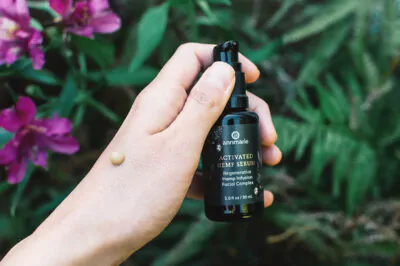
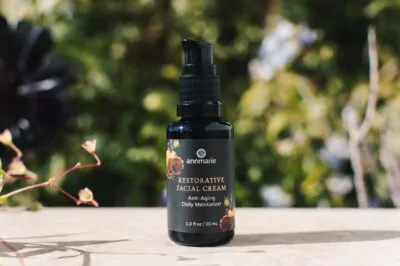
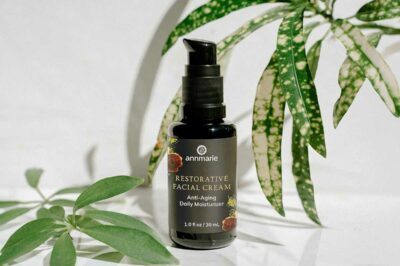

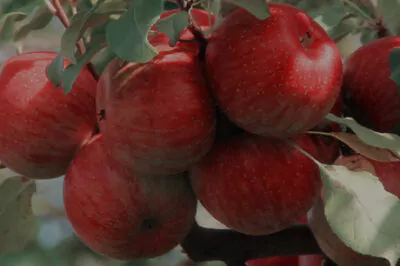
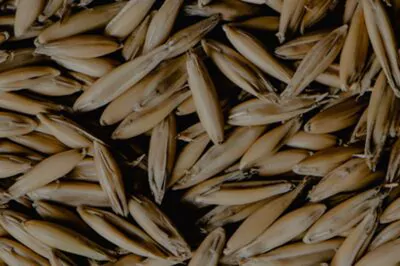
I found a facial oil that’s entirely based with olive derived Squalane oil. It feels great!
Just curious, why doesn’t Annmarie skincare use Squalane as a base for their moisturizers?
Unfortunately no matter the source of squalane, my understanding is that it is made by hydrogenating squalene meaning it is a hydrogenated oil.
Hi Margo. She states clearly in the article that their squalane is derived from olives (which is NOT shark liver oil).
Not entirely informative. Squalane is also produced without shark liver oil.